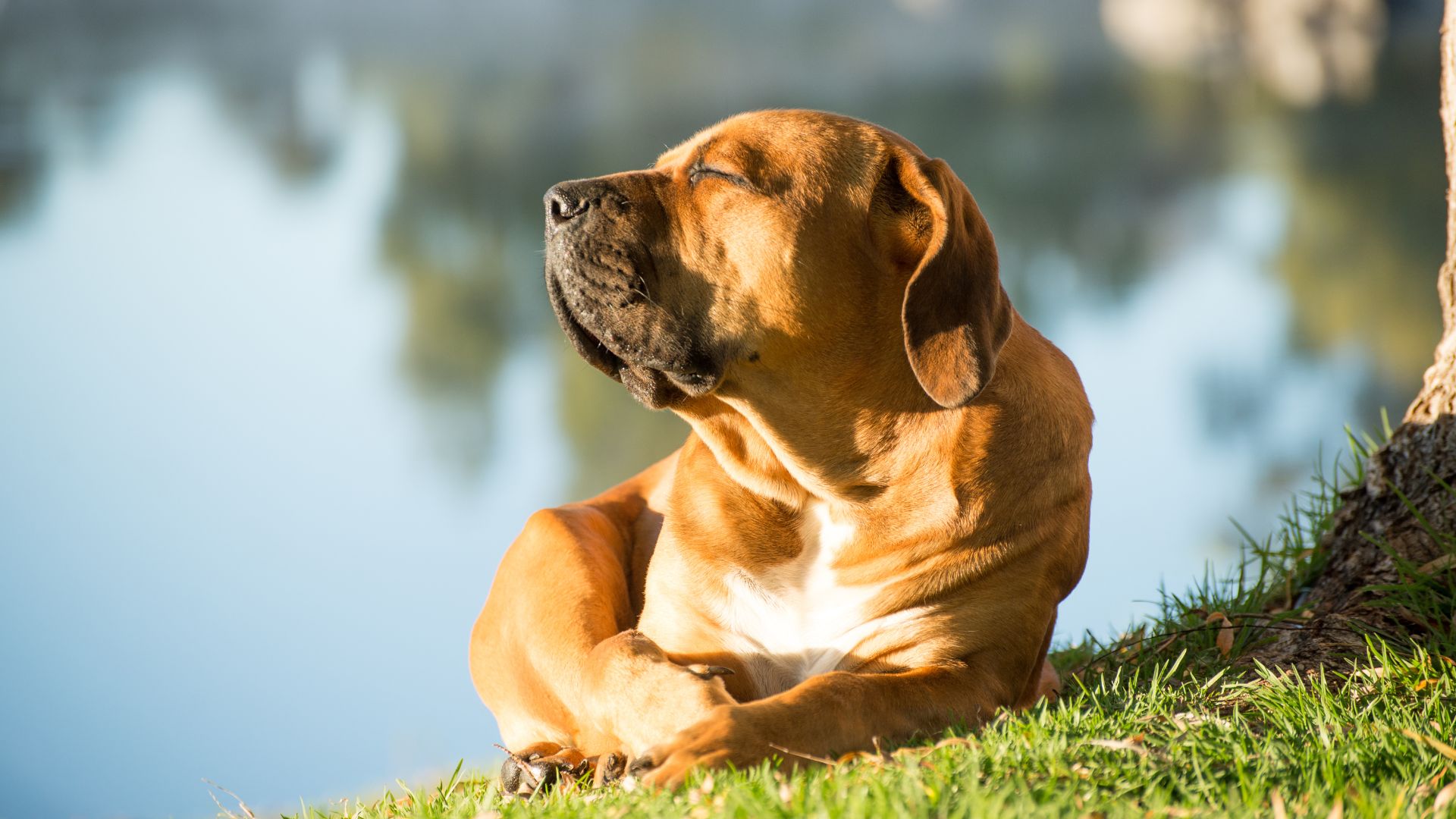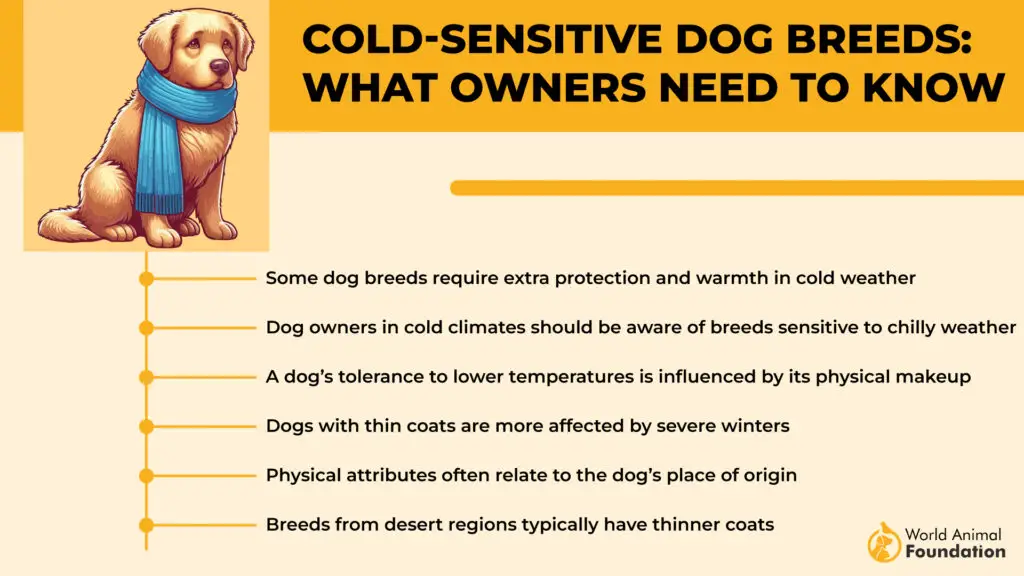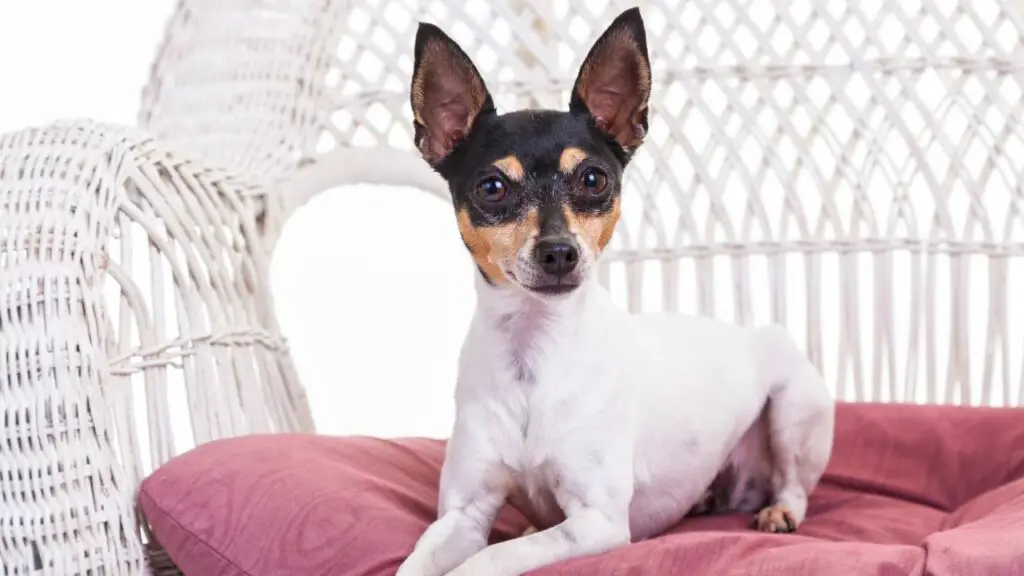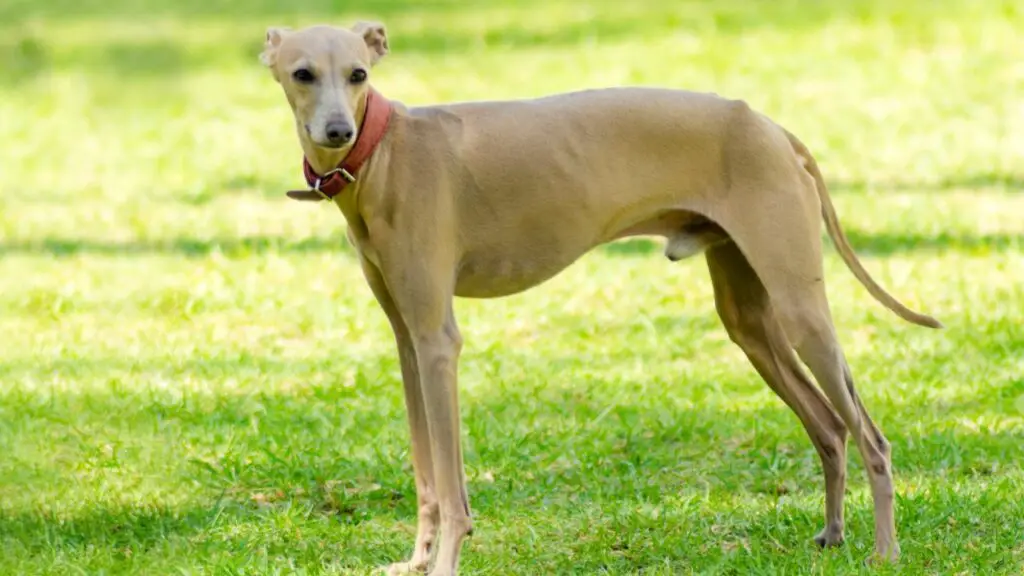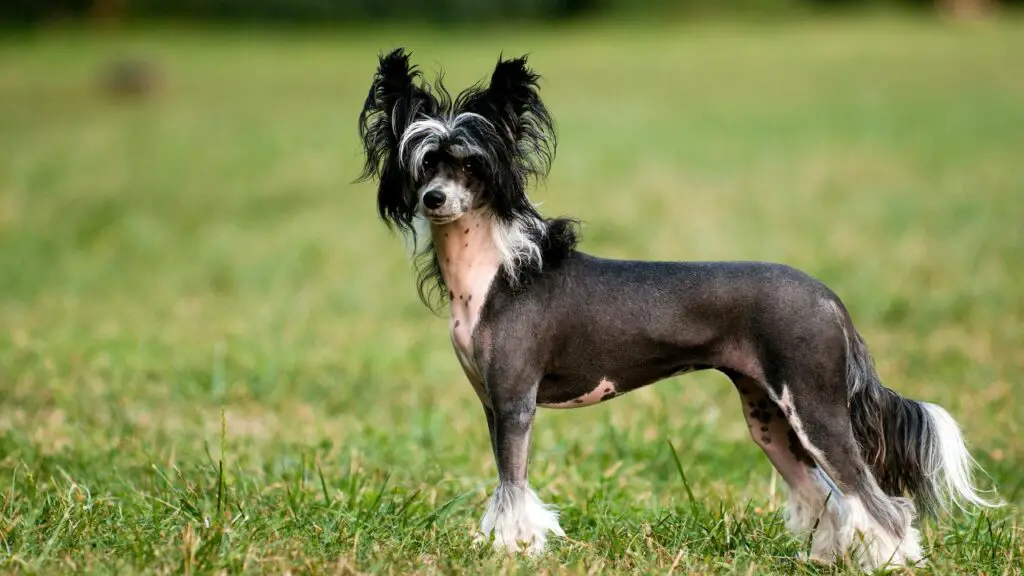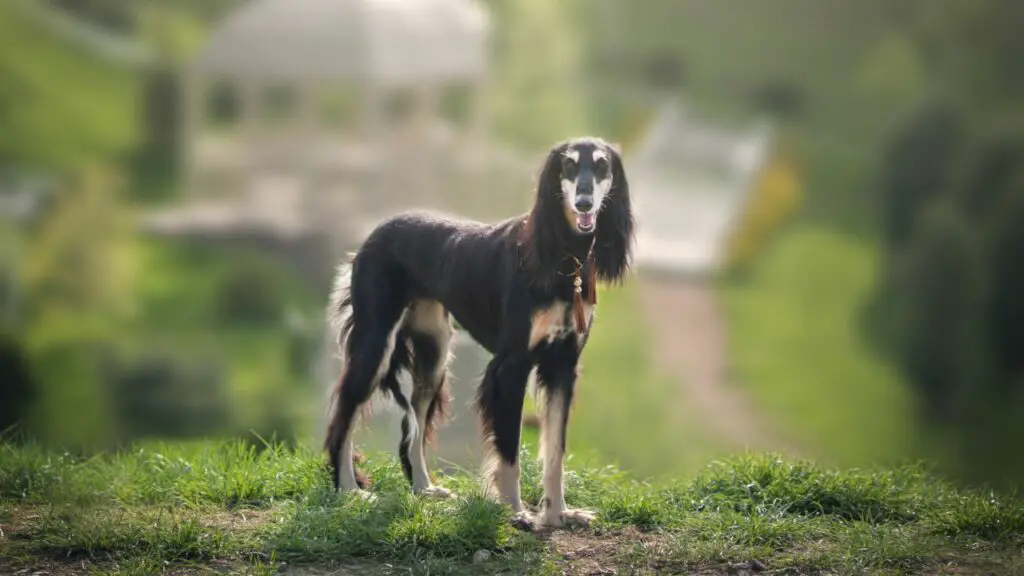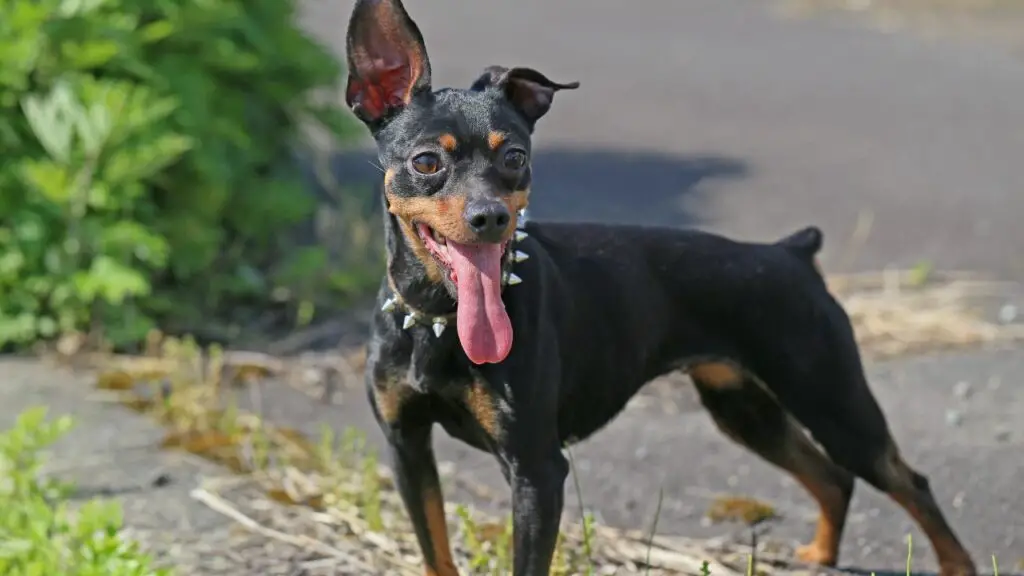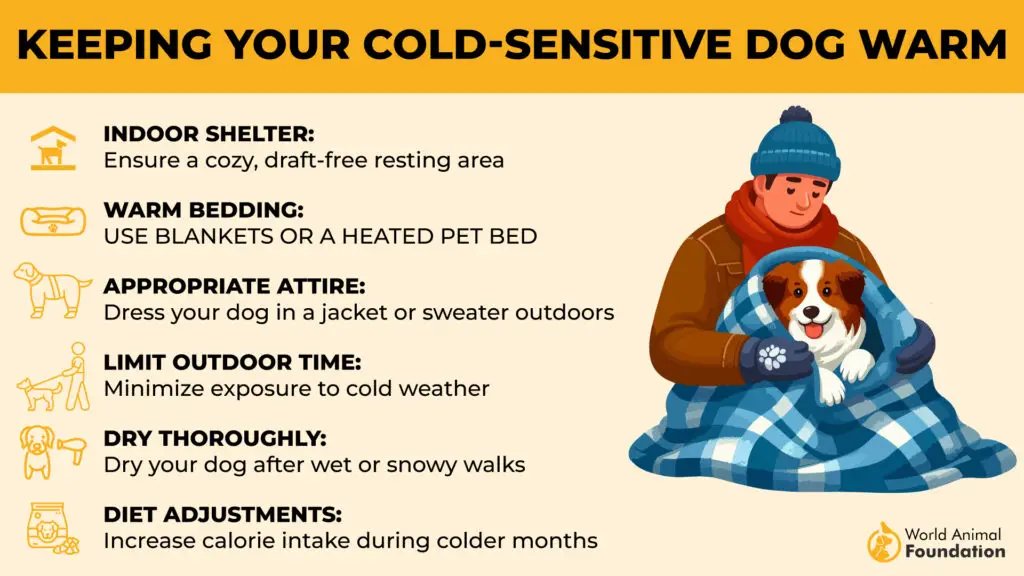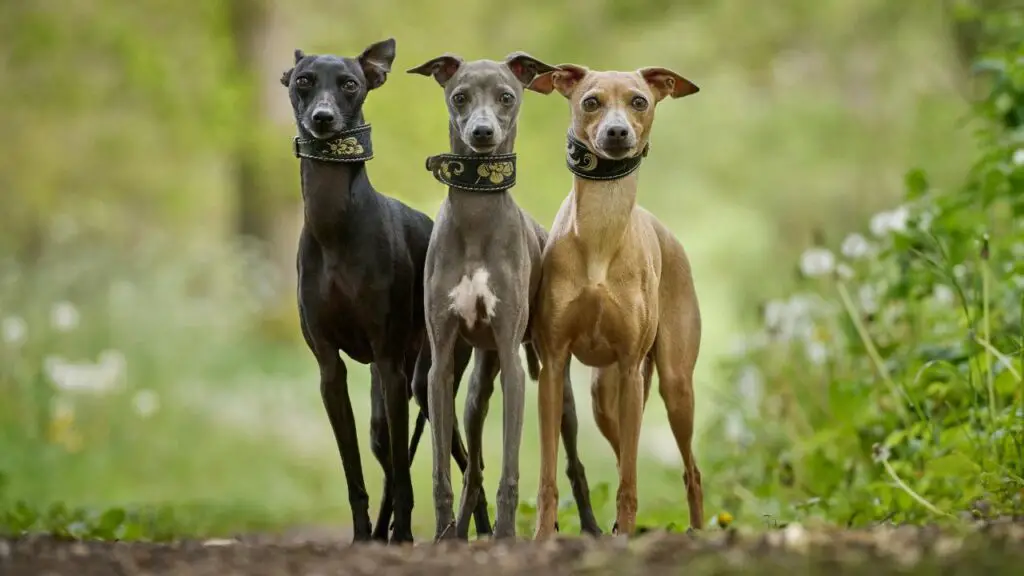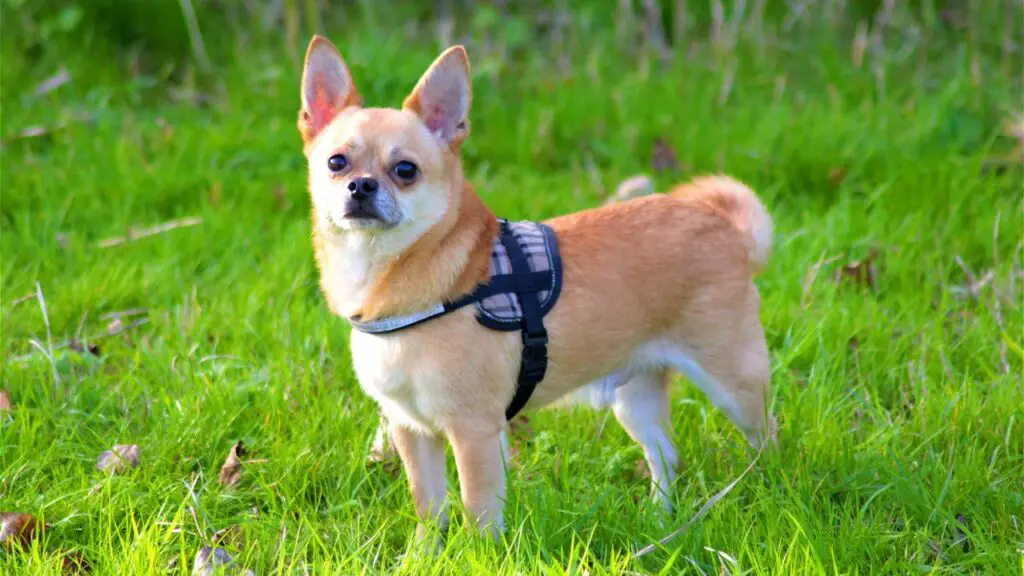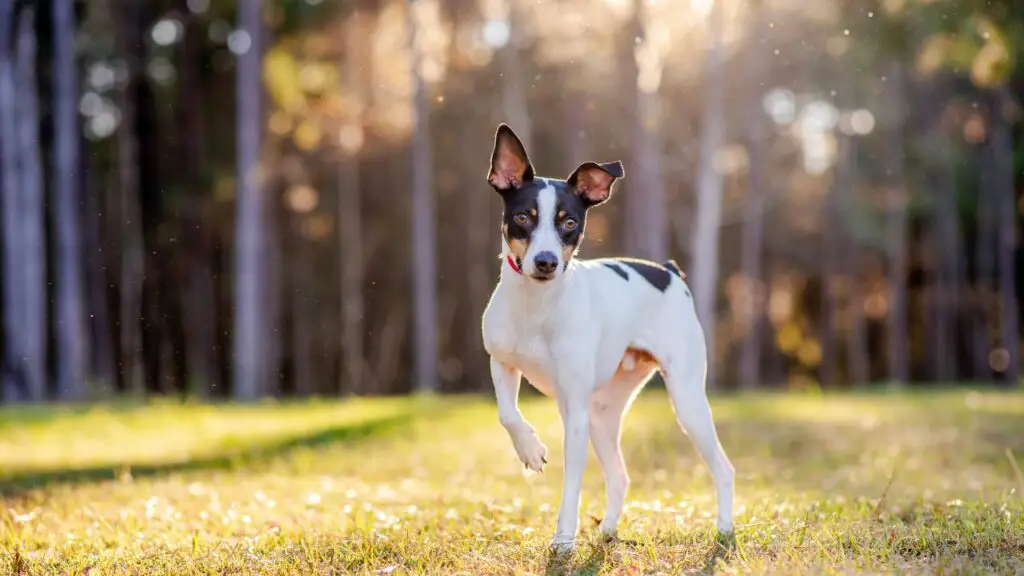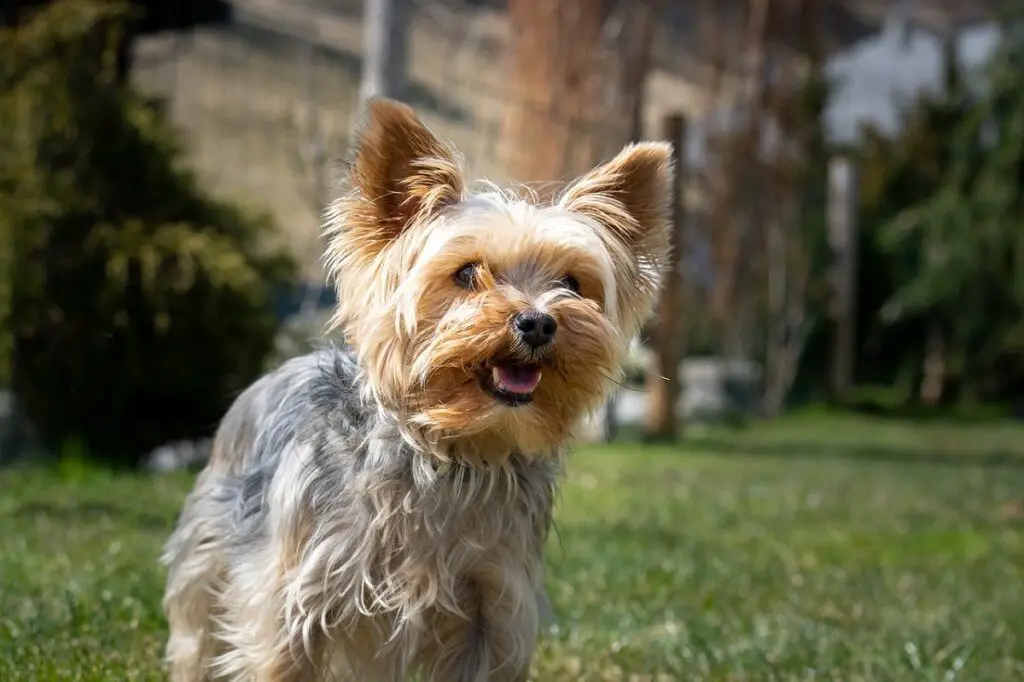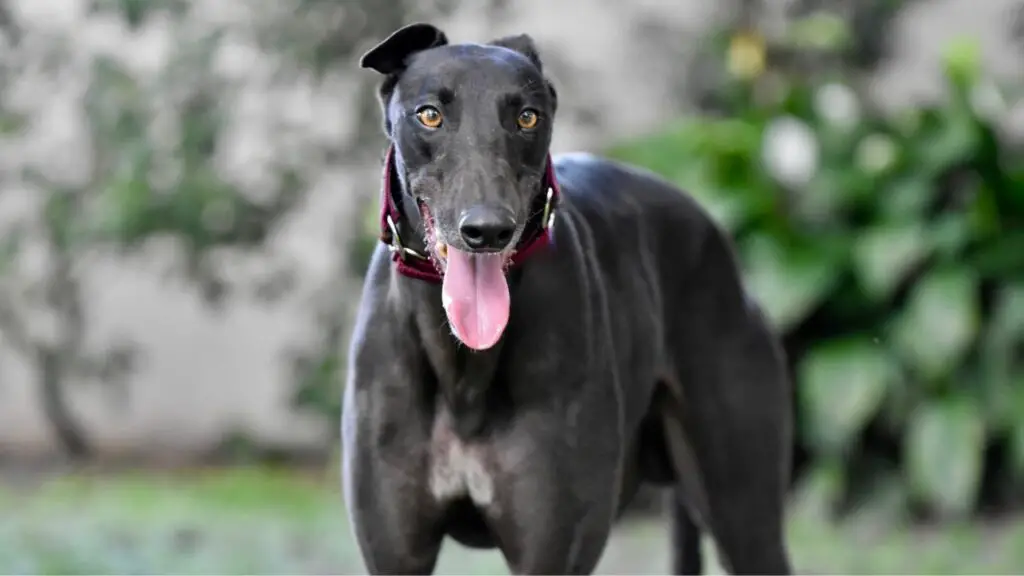While our furry friends bring constant warmth to our lives, some breeds struggle to handle the chill of winter. Certain dogs, particularly those with short coats, low body fat, or smaller frames, are significantly more susceptible to cold weather woes. From shivering Chihuahuas to sleek Greyhounds, knowing which breeds are sensitive to the cold is crucial for responsible pet ownership. This list of 10 cold-averse canine companions will help you understand how to best protect your pup and keep them cozy all winter long.
Winter can be a magical time, but for some dogs, it can also be a challenging season. While many breeds are built for the cold and thrive in chilly climates, others struggle with the drop in temperature. Smaller dogs and those with short coats often find the cold particularly tough.
It’s important to keep an eye on older dogs and puppies too, as they are more vulnerable to the cold. Even the most resilient dogs can suffer from hypothermia or frostbite, which typically shows up first in their paws, nose, and tail—areas that can turn pale and feel icy to the touch.
To ensure your furry friend stays warm and cozy during winter, consider investing in a snug coat and protective booties. Now, let’s explore ten dog breeds that are particularly sensitive to cold weather and how to keep them safe and comfortable this season.
Dog Breeds That Are Sensitive To Cold Weather
1. Toy Fox Terrier
The Toy Fox Terrier (TFT) is a charming small breed with a rich history in the United States, dating back to the early 20th century. As a member of both the toy and terrier groups, this dog breed is known for its affectionate and energetic nature.
However, Toy Fox Terriers are sensitive to cold weather and prefer warmer environments. Due to their single coat and lean build, they are more susceptible to chilly temperatures and should be dressed in a coat or sweater on cold days.
Though they are generally low-maintenance in terms of grooming, requiring only occasional brushing and nail trims, they are highly active and can meet their exercise needs independently.
According to WebMD, Toy Fox Terriers are loving and playful, making them excellent companions for active families. However, if you have small children, be aware that their playful nature might include occasional unpredictable biting tendencies.
2. Italian Greyhound
The Italian Greyhound, a smaller counterpart to the larger Greyhound, boasts a rich history of being a royal favorite dating back to the 16th century. Known for their graceful and athletic build, these charming dogs are just as famous today for their loving and playful demeanor.
However, Italian Greyhounds are particularly sensitive to cold weather due to their low body fat and short coats. They struggle with even slightly damp or chilly conditions and require extra protection in cold climates. A snug dog jacket that covers their entire body, along with water-repellent boots, is essential to keep them warm. Watch for signs of discomfort, such as excessive shaking or cold ears, which indicate they might be too cold.
According to the AKC, Italian Greyhounds are incredibly affectionate and thrive on human companionship. They will seek out your closeness, whether it’s snuggling next to you, on top of you, or following you everywhere you go. Their need for warmth is matched only by their desire to be near you, making them truly loving companions.
3. Chinese Crested
The Chinese Crested is a delightful breed known for its intelligence, affection, and playful nature. These dogs are content with minimal exercise and love to be cozy lap-warmers. Chinese Cresteds come in two varieties: hairless and fully coated. The hairless variety is ideal for those with dog hair allergies, as it has very little hair, while the fully coated variety features a double coat and requires regular grooming.
Both types are hypoallergenic, making them a great choice for those with sensitivities. However, their hairless variety, in particular, is sensitive to cold weather due to its thin fur layer.
In winter, a sweater is essential for Chinese Cresteds to keep them warm, though it’s important to choose one that’s not made of wool, as many are allergic to it. Their hairless skin needs special protection from both the cold and the sun, and even with diligent care, they can develop dry skin.
4. Saluki
The Saluki, a noble and ancient breed from the Middle East, is renowned for its remarkable speed and endurance, originally bred to hunt game like gazelle and fox. With their sleek, slender build and long fur only on their tail and ears, Salukis are built for speed rather than cold weather. Their short coat offers little protection against frigid temperatures, so a cozy dog jacket or sweater is a must from the first frost through the spring thaw.
When venturing outdoors, keep outings brief and watch for signs of discomfort or frostbite. Protective paw wax or booties can help shield their feet from ice and salt.
According to Orvis, Salukis enjoy the same creature comforts as their families and will happily claim the coziest spot in the house. They benefit from a soft dog bed, as their elbows and knees can develop calluses from hard floors. Due to their long legs and energetic nature, they are not ideal for apartment living. Fortunately, they shed minimally, making fur cleanup a breeze.
5. Miniature Pinscher
Miniature Pinschers, known for their spunky, energetic, and loyal personalities, are anything but a lap dog despite their small size. These lively dogs love being the center of attention and have a spirited nature that matches their boldness.
However, Miniature Pinschers are particularly sensitive to cold weather. Their narrow build and thin, short fur—without an insulating undercoat—leave them poorly equipped to handle chilly temperatures. As a result, they are more vulnerable to the cold than many other breeds.
According to the ASPCA, Mini Pins have a tendency to escape fences and dart outdoors, so it’s crucial to keep them secure. To keep your Min Pin comfortable during colder months, limit their outdoor time and provide a warm sweater for walks. Indoors, a cozy bed or blanket will ensure they stay snug and happy.
6. Whippet
Whippets are charming little dogs that look like scaled-down Greyhounds, thanks to their origins from crossing large sprinters with smaller terriers. They are known for their playful and goofy personalities, but they are also quite sensitive. It’s important to provide them with plenty of support and encouragement to help build their confidence, especially when faced with things that might scare them.
Due to their thin coat and skin, Whippets are prone to feeling the cold and typically don’t fare well in chilly or damp conditions. To keep them warm, consider outfitting them in cozy sweaters, doggy coats, or even pajamas.
As long as their physical and emotional needs are met, Whippets are usually quiet, calm, and content. As sighthounds, they are bred for their speed and keen eyesight, making them both elegant and swift.
7. Chihuahua
Chihuahuas are often recognized for their tiny size, big, expressive eyes, and their tendency to shiver and shake. Their personalities can vary widely—from fun and outgoing to shy and anxious, or even sassy and playful, depending on the moment.
Due to their small size and delicate build, Chihuahuas struggle with cold weather. They may shiver to try to stay warm, so it’s a good idea to dress them in a snug dog shirt or coat.
Ensure they have a warm and cozy bed to curl up in. On particularly frigid days, it might be best to keep your Chihuahua indoors to keep them comfortable and safe.
8. Rat Terrier
The Rat Terrier, originally bred as a farm and hunting dog, is now a versatile companion used for pest control and as a family pet. Known for their terrier-like energy and personality, Rat Terriers are generally more laid-back compared to other terriers.
Due to their smaller size and short, smooth coat, they are more vulnerable to the cold. On chilly days, they need an extra layer of warmth to stay comfortable and protected from the elements.
VCA points out that Rat Terriers are loyal, energetic, and playful, making them excellent companions, especially for families with children. They may be reserved around strangers but are alert and watchful as house dogs. To keep them happy and healthy, a daily walk and several play sessions are essential to meet their exercise needs.
9. Yorkshire Terrier
Yorkshire Terriers (Yorkies) are charming little dogs with big personalities. Despite their origins in colder climates, their lack of an undercoat and their small size make them particularly sensitive to the cold. They need extra protection from chilly weather, so a cozy dog coat is essential for outdoor walks in colder temperatures.
While their small stature might suggest a gentle nature, Yorkies are energetic, feisty, and can be quite domineering. They thrive on affection and attention, making them a great choice for someone who enjoys lavishing their pet with love.
Yorkshire Terriers are also excellent watchdogs, though they can be snappy with children if not handled gently. They might show aggression toward other small animals, but many Yorkies live harmoniously with other dogs and even cats when introduced properly.
10. Greyhound
The Greyhound, an ancient breed originally developed for hunting and racing, is built for speed with its tall, slender frame and athletic body. These characteristics make them well-suited for sprinting in warm desert climates, but unfortunately, they are not designed to handle cold temperatures.
Greyhounds have very little body fat, thin skin, and a short coat, which means they are particularly sensitive to the cold. During winter, your Greyhound will need extra protection to stay warm. A snug jacket is essential every time they go outside, and their outdoor time should be kept to a minimum. If there’s snow, booties will protect their feet, and you should be especially cautious of frostbite on their tender skin and thin ears.
Even moderate temperature drops can make Greyhounds feel chilly. In fact, if your home is cool, your Greyhound might need a sweater even in summer with the air conditioning on.
Conclusion
As winter arrives, it’s crucial for pet parents to recognize which dog breeds are particularly sensitive to cold weather. Breeds with thin coats, such as the Greyhound or the Italian Greyhound, are not well-equipped to handle the harsh winter elements.
These ancient breeds, though elegant and swift, need extra care and protection to stay warm and comfortable. It’s essential to provide them with warm coats and limit their exposure to the cold to prevent discomfort and health issues.
On the other hand, breeds with long coats, like the Siberian Husky, are naturally better suited for colder climates. However, even these breeds can benefit from additional warmth and attention to ensure they remain healthy throughout the winter months.
Understanding your dog’s specific needs and adjusting their care as winter weather sets in will help keep them happy and safe during the chilly season.
Ultimately, while all dogs benefit from proper winter care, these ten breeds are particularly susceptible to cold temperatures due to their size, coat type, or origin. Owners should consider investing in warm sweaters, booties, and limiting outdoor exposure during frigid months. Prioritizing their comfort and safety will ensure these sensitive breeds enjoy healthy, happy winters for years to come. Remember, a snuggled-up pup is a happy pup!

